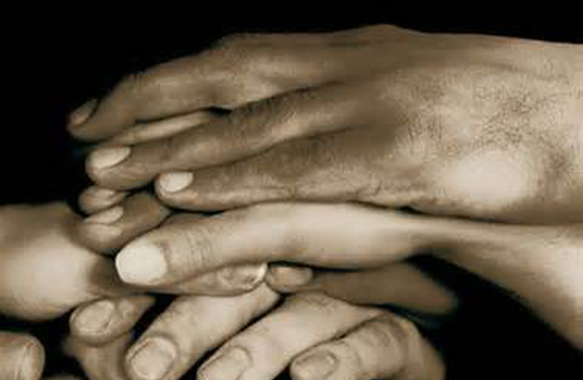Getting A College Degree Won’t Protect Black Workers From The Economy’s Racial Barriers
AP Photograph | Carolyn Kaster By Bryce Covert Originally Published at Think Progress. May 20, 2014 AT 3:57 PM The unemployment rate for black workers has been significantly higher than for white workers since government data has been collected. But despite the fact that college graduates fare […]
Evidence that the Meritocracy is Made Up of Poor People
By Paul Buchheit | Common Dreams. May 19, 2014
Many wealthy Americans believe that dysfunctional behavior causes poverty. Their own success, they would insist, derives from good character and a strict work ethic. But they would be missing some of the facts. Ample evidence exists to show a correlation between wealth and unethical behavior, and between wealth and a lack of empathy for others, and between wealth and unproductiveness.
The poor, along with a middle class that is sinking toward them, make up the American meritocracy. Here is some of the evidence.
An analysis of seven different psychological studies found that “upper-class individuals behave more unethically than lower-class individuals.” A series of experiments showed that upper-class individuals were more likely to break traffic laws, take valued goods from others, lie in a negotiation, and cheat to increase their chances of winning a prize.
And this doesn’t even begin to examine the many, many significant cases of fraudulent behavior in the banking industry. Or private equity firms that cheat their investors over 50 percent of the time. Or the many unscrupulous corporate tax avoidance strategies.
Numerous reputable sources have concluded that lower class individuals tend to be more generous and trusting and helpful, compared to the upper class. As people gain in wealth, they depend less on others, and thus they have less reason to understand the feelings and needs of the less fortunate. The poor empathyeducates – Evidence that the Meritocracy is Made Up of Poor People:

